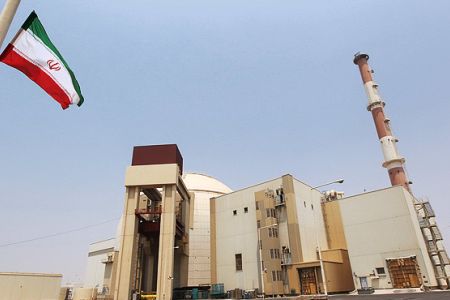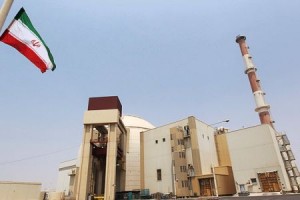Iran accepts no delay in Bushehr plant

 The Islamic Republic of Iran will accept no excuses from Russia, if Moscow fails to launch Bushehr nuclear power plant within the specified deadline, a senior Iranian lawmaker says.
The Islamic Republic of Iran will accept no excuses from Russia, if Moscow fails to launch Bushehr nuclear power plant within the specified deadline, a senior Iranian lawmaker says.
“According to the contract, the Russian company is bound to fulfill its undertakings with respect to the completion and launch of the plant,” Deputy Chairman of Iran’s Majlis (parliament) Committee on Foreign Policy and National Security Hossein Ebrahimi told Majlis news agency (ICANA) on Saturday.
“The Islamic Republic will no longer accept any ambiguity or justification (for delay) with regard to the launch of Bushehr nuclear plant, and nuclear-generated electricity should enter the grid at the specified time,” he added.
The legislator was referring to the Thursday remarks made by Russian Foreign Ministry Spokesman Alexander Lukashevich that Moscow was awaiting “a more specific request” from the Iranian side on when to start the project.
Ebrahimi argued that the mutual contract requires no specific request by Tehran, and Moscow should therefore finish the work within the stipulated deadline.
The Iranian lawmaker, however, noted that the Atomic Energy Organization of Iran (AEOI) and Iran’s Foreign Ministry should assess Lukashevich’s new remarks in order to clarify the issue in future talks.
The construction of Bushehr power plant started in 1975 when Germany signed a contract with Iran. Germany, however, pulled out of the project following the 1979 Islamic Revolution.
Iran then signed a deal with Russia in 1995, under which the plant was originally scheduled to be completed in 1999, but the completion of the project was repeatedly delayed. The nuclear power plant was finally finished with the help of Russia following a three-decade delay.
In October 2010, Iran started injecting fuel into the core of the reactor at Bushehr nuclear power plant in the initial phase of its launch. However, engineers began removing the fuel rods in late February for safety reasons.
The unloading of the fuel delayed the plant’s joining the national grid, initially scheduled for the beginning of 2011.







